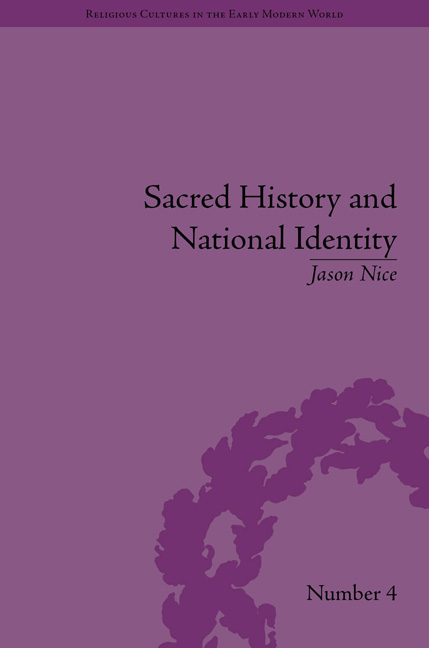6 - The Welsh and Breton Diaspora in Rome
Summary
The Welsh seem to have thought that this Seminary was founded for the peculiar benefit of their race.
F. Robert Parsons to F. William Goode (1579 or 1580)No other province in France has the privilege of having a national church in the city of Rome, which an assembly of cardinals honors every year on the feast day of Saint Yves when they deliver a harangue in Latin in honor of the saint of the nation of Brittany.
Estates of Brittany (1637)1. Roma Sancta
In 1580, nearly four hundred years after Pope Innocent III ended Welsh and Breton ecclesiastical independence by denying the archiepiscopal claims of St David's and Dol, Pope Gregory XIII followed in his predecessors’ footsteps by again quashing Welsh and Breton dreams of spiritual freedom from England and France. Yet, unlike their forbears, the Welsh and Breton diasporas in Rome during the 1570s did not advocate the ecclesiastical independence of Wales and Brittany from England and France, but rather sought to shield their influence over two pious establishments in Rome: the first, the English College of Rome located on the Via di Monserrato near the Piazza Farnese, which contained a significant number of Welsh students headed by a Welshman from 1565 to 1579; and the second, the church of Saint-Yves-des-Bretons, located on the Vicolo della Campana, which catered specifically to the needs of Bretons in Rome since its establishment in 1455. In both cases, the Welsh and Breton émigrés in Rome employed the sacred history of their provinces in order to defend their influence over these establishments. Like the previous chapters, their use of sacred historiography conveyed divergent representations of Welsh identity as ‘assimilationist’ and Breton identity as ‘differentialist’.
Saint-Yves-des-Bretons was not the only ‘national’ institution of France represented on the streets of Rome; others included the Purification des Transalpins (or Quatre-Nations: France, Bourgogne, Lorraine and Savoie), Saint-Nicolasdes-Lorrains, and Saint-Claude-des-Bourguignons. However, while the others maintained their independence until the Revolution, Saint-Yves-des-Bretons merged with Saint-Denis and Saint-Louis-des-Français in 1582 to form an officially sanctioned natio gallicana.
- Type
- Chapter
- Information
- Sacred History and National IdentityComparisons Between Early Modern Wales and Brittany, pp. 117 - 152Publisher: Pickering & ChattoFirst published in: 2014



